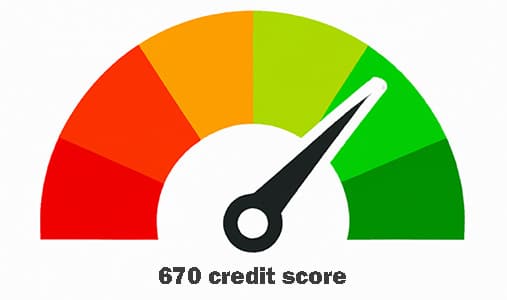Everything about Credit Checks
What is a Credit Check?
A credit check is a service provided by a credit reporting agency that provides information about an individual’s credit history. The credit check will include information on the individual’s creditworthiness, which is used by lenders to determine whether or not to extend credit.
Who Conducts Credit Checks?
There are three primary types of entities that conduct credit checks: credit reporting agencies, employers, and landlords.
Credit reporting agencies, also known as credit bureaus, are companies that collect and maintain consumer credit information. The three major credit reporting agencies in the United States are Experian, Equifax, and TransUnion. These agencies sell credit information to businesses, such as banks and landlords, who use it to make decisions about lending money or approving applications for housing.
Employers often conduct credit checks on job applicants as part of the hiring process. Employers typically use credit information to screen applicants for positions that involve handling money or managing finances. For example, a bank may want to check the credit history of an applicant for a teller position to ensure that the applicant does not have a history of financial mismanagement. Landlords also commonly conduct credit checks on potential tenants. Landlords typically use credit information to assess an applicant’s financial stability and determine whether the applicant is likely to miss rent payments or damage rental property.

Different kinds of credit checks
When it comes to understanding credit checks, there are two main types: soft and hard. A soft inquiry typically occurs when a financial institution or lender is performing a background check without the customer’s permission. This type of check does not actually record information on the individual’s credit history, but can still potentially be seen by others. On the other hand, hard inquiries occur when a customer applies for credit, such as a loan or mortgage and their credit will be assessed before they are approved. Either soft or hard inquiries can remain visible on an individual’s credit report for up to 12 months depending on their eligibility and other various factors, so it is important to have an understanding of both types.
Read more:
What do Credit Checks Include?
A credit check is a service provided by a credit reporting agency. The agency will give you a report that includes information about your credit history. This information can include:
- Your payment history
- Your current debts
- Your credit utilization
- Public record information
- Inquiries from lenders
How do Credit Checks Affect Me?
Credit checks can have a major impact on your financial life. They can influence everything from whether you’re able to get a loan to how much interest you’ll pay on that loan. It’s important to understand how credit checks work and how they can affect you.
When you apply for a loan, the lender will likely run a credit check. This is a way for the lender to assess your creditworthiness – in other words, whether or not you’re likely to repay the loan. The lender will look at factors such as your credit history, income, and debt-to-income ratio. Based on this information, the lender will decide whether or not to approve your loan.
Credit checks can also affect the interest rate you’re offered on a loan. Generally, the higher your credit score, the lower the interest rate you’ll be offered. This is because borrowers with high credit scores are considered less of a risk by lenders – they’re more likely to repay their loans on time.
Credit checks can also affect your insurance rates. Some insurance companies use credit information to help determine premiums. Studies have shown that people with lower credit scores are more likely to file insurance claims than those with higher scores. As such, you may end up paying more for your insurance if you have poor credit.
In short, credit checks can have a big impact on your financial life. It’s important to understand how they work and what factors they take into account. By doing so, you can make sure that you’re in the best possible position when you apply for loans and other financial products. A good credit score can save you thousands of dollars in interest over the life of a loan.
How can I Improve My Credit Score?
- There are several things you can do to improve your credit score:
- Pay your bills on time: Late payments can stay on your credit report for up to seven years and can have a major impact on your score.
- Keep balances low on credit cards and other revolving credit: High balances can hurt your credit score, even if you pay off the balance in full every month. This is because creditors use a formula that takes into account your balance as a percentage of your credit limit (called “utilization”). So, even if you don’t carry a balance from month to month, if your utilization is high, it will impact your score.
- Apply for and open new lines of credit sparingly: Every time you apply for new credit, it shows up as an “inquiry” on your credit report. Too many inquiries can hurt your score. When you do need to apply for new credit, shop around for the best rates so that you don’t end up with too many inquiries on your report.
- Check your credit report regularly: You are entitled to one freecredit report from each of the three majorcredit reporting agencies every year. Checkyour reports at least once a yearto make sure that all theinformation is accurate. Youcan get your free reports atannualcreditreport.com.
